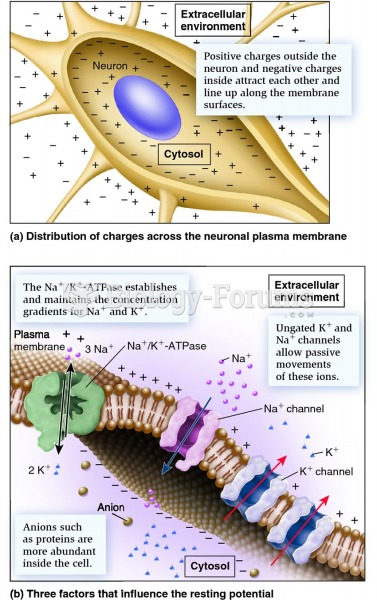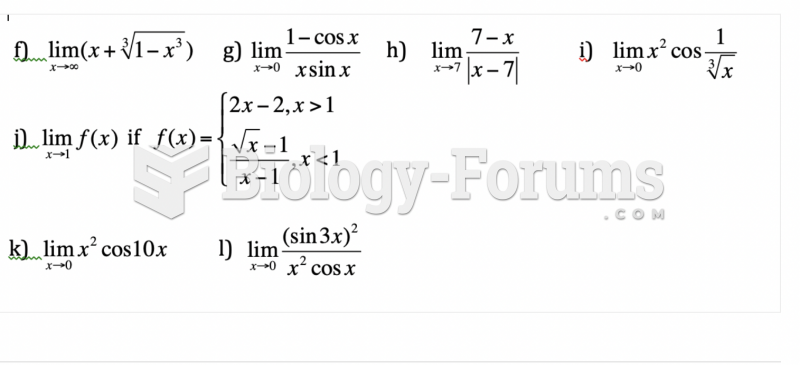|
|
|
Did you know?
Human stomach acid is strong enough to dissolve small pieces of metal such as razor blades or staples.
Did you know?
Medication errors are more common among seriously ill patients than with those with minor conditions.
Did you know?
Blood is approximately twice as thick as water because of the cells and other components found in it.
Did you know?
In the United States, congenital cytomegalovirus causes one child to become disabled almost every hour. CMV is the leading preventable viral cause of development disability in newborns. These disabilities include hearing or vision loss, and cerebral palsy.
Did you know?
More than 4.4billion prescriptions were dispensed within the United States in 2016.







